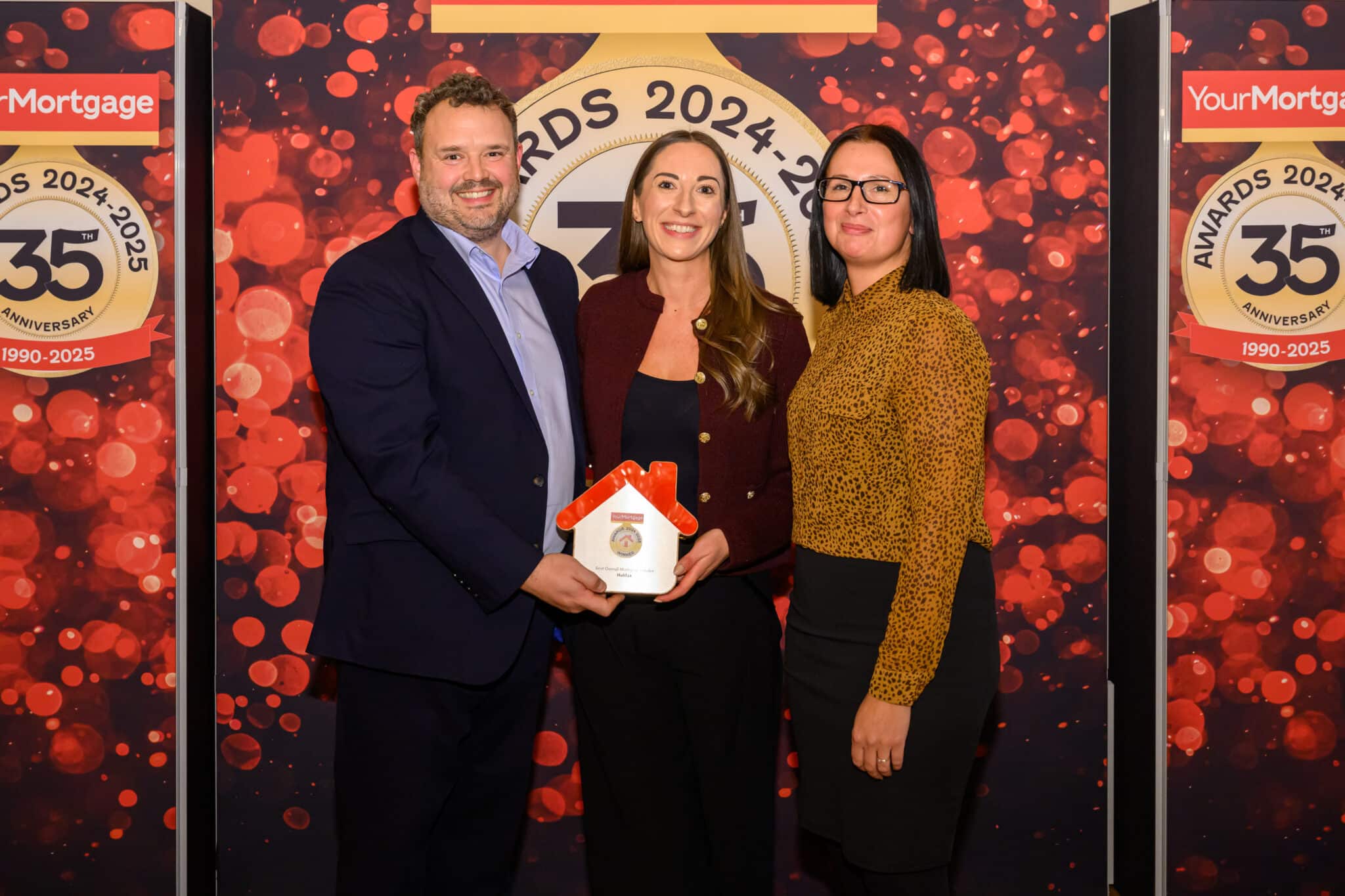
Property prices rose by a minuscule 0.1% in April, according to Halifax, to reach £288,949.
The lender said this represented a 1.1% increase compared to April 2023, but admitted that was down to a particularly low base last year.
On a quarterly basis, property prices are now up 0.8%.
Amanda Bryden, head of mortgages at Halifax, said: “The reality is that average house prices have largely plateaued in the early part of 2024.
“This reflects a housing market finding its feet in an era of higher interest rates. While borrowing costs remain more expensive than a few years ago, homebuyers are gaining confidence from a period of relative stability.

Your Mortgage Awards 2024/25: winners revealed
Sponsored by Your Mortgage Awards
“Activity and demand is improving, evidenced by greater numbers of mortgage applications so far this year, while at an industry level, mortgage approvals have reached their highest point in 18 months.”
Alice Haine, personal finance analyst at Bestinvest, added: “While a return of house price growth is positive, the market remains volatile as challenges persist for buyers and those looking to refinance.
“Interest rates have been on pause at a 16-year high of 5.25% since August last year, a factor causing considerable uncertainty in the mortgage market. While mortgage rates eased dramatically at the start of the year as hopes of imminent rate cuts soared, they have undergone a reprice in recent weeks amid market revisions over the magnitude and timing of rate cuts.”
North/South divide
Sarah Coles, head of personal finance at Hargreaves Lansdown, noted there is a strong regional variation masked by the national figure.
She explained: “It might look like house prices have stabilised, staying relatively flat over the first four months of 2024, but look a little closer at the annual figures and the market is wonky – with the North/South divide seeing prices climb in the North and drop steadily in the South.
“In the South, prices tend to be higher – the priciest are in London, where the average home costs £539,336. It means mortgages are bigger, and so higher rates hit harder.
“Buyers are having to wait, and hope that rates fall, in order to afford the kind of property they really want to live in – or lower their ambitions and buy somewhere they can bear to live with instead. As a result, demand is down, and property prices are level or falling.”




